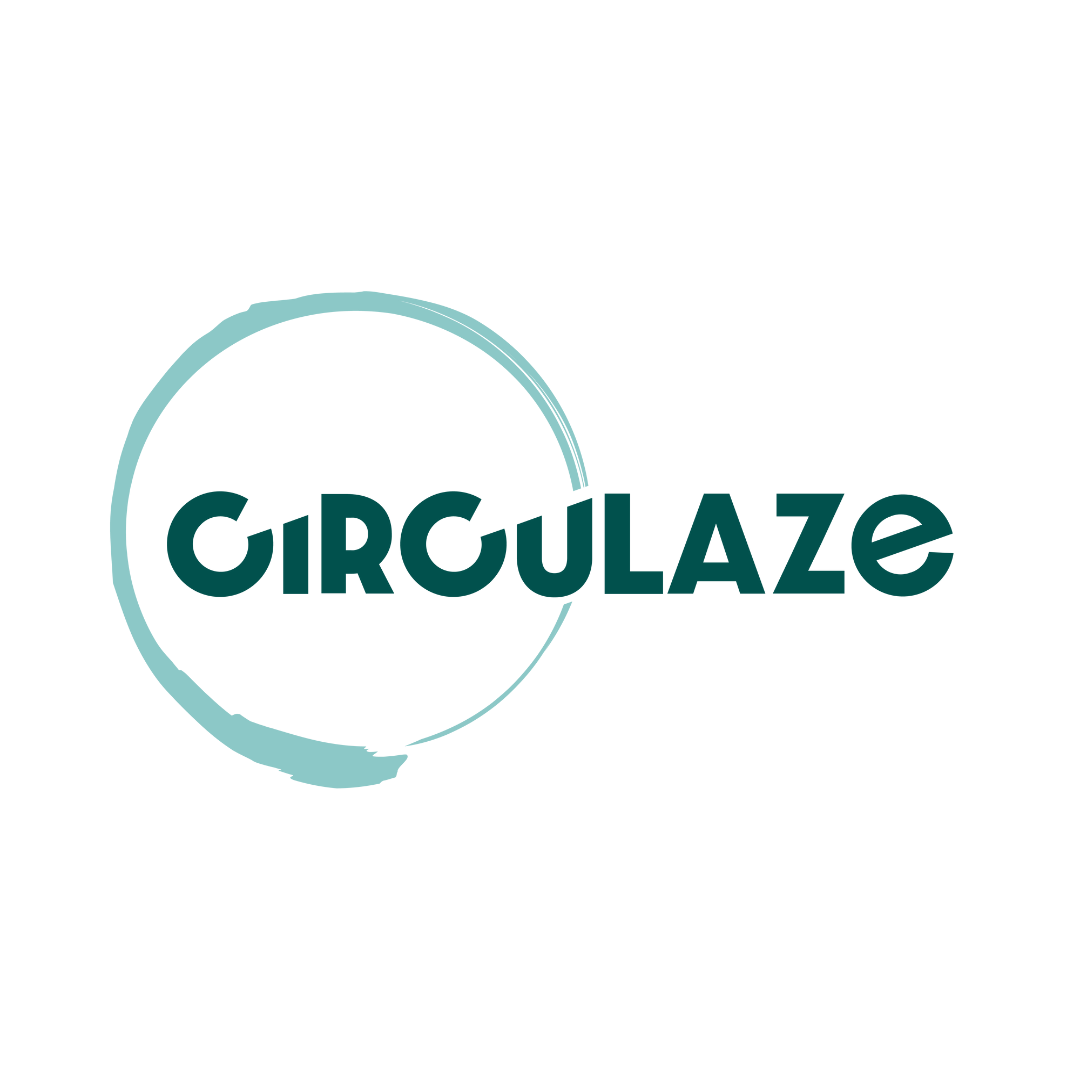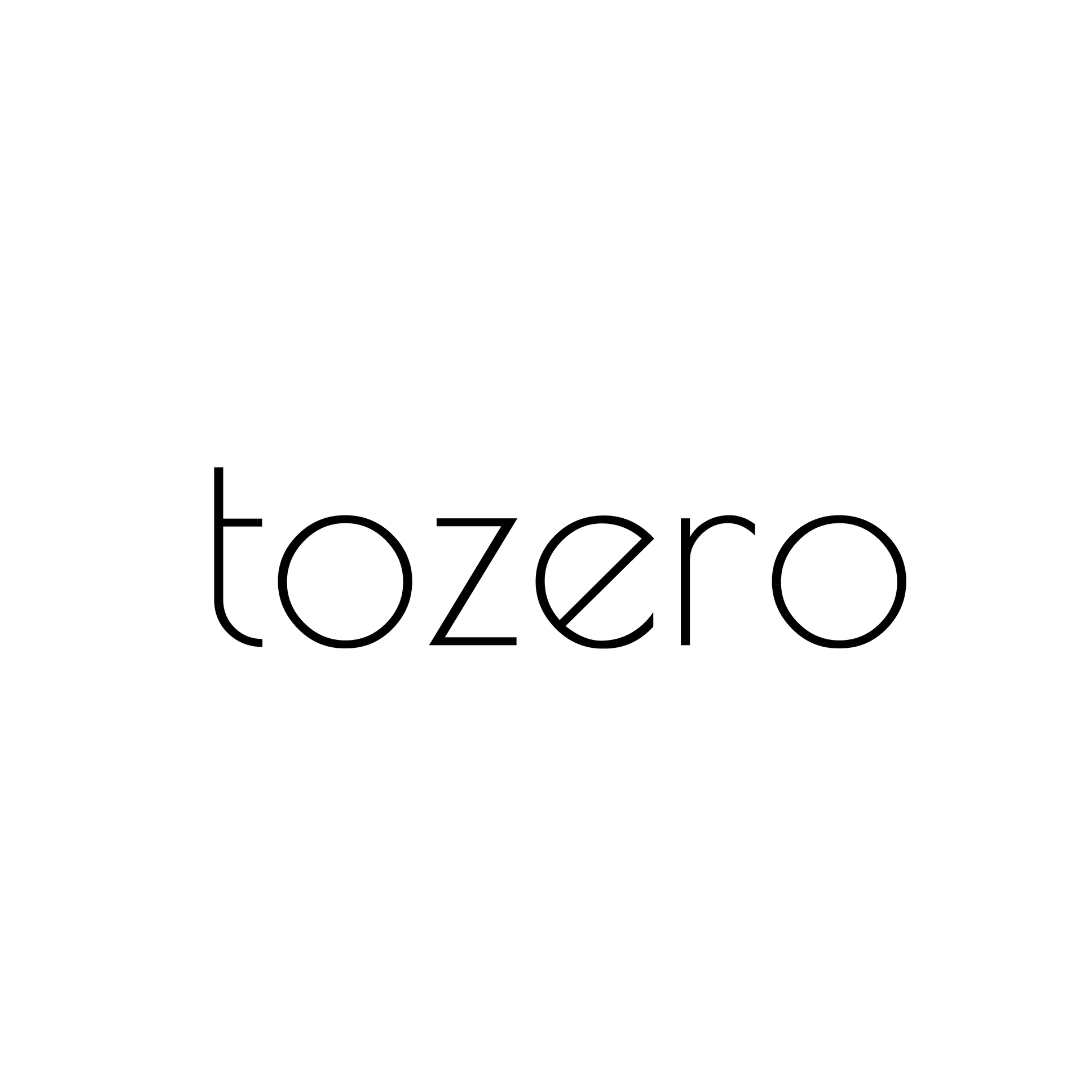The electronics industry accounted for approximately 50 million metric tons of e-waste (metals, rare earth elements, polymers and other materials that need special treatment in order to be reused and not pollute) in 2018, of which only 17,4% is recycled (Source: World Economic Forum). The good news is that we can change these numbers.
On January 22nd, 2024 the first Trend Tour of the new year on circular ICT & Electronics solutions took place. We invited three start-ups working in the field of circular ICT & Electronics to share their solutions, tozero, Makersite, and STABL. Following each start-ups pitch, the audience had the opportunity to ask questions directly to the start-ups in a Q&A session.
Our keynote speaker, Stefan Nilsson, Chief Sustainability and Strategy Officer at Foxway Group, kicked off the session with an informative overview into the topic of ICT & Electronics and why circularity matters. The key takeaways:
- Ensure a healthy business model by embedding circularity in your “DNA.”
- Try to implement the as-a-service approach (SaaS, ESaas)
- Be data-driven at an early stage.
- Follow science and your expertise, as trends and the current market might be immature.
- Be sure to understand and take advantage of regulatory changes. However, don’t depend on subsidies, public funding, or venture capital.
Stefan’s appeal: Don’t pretend to greenwash, try to be real. Companies must strive for making good, being sustainable, and transparent – you will always win in the end.
Catch the full Trend Tour here:
Moderation by:


Natascha Zeljko
Co-Founder CIRCULAZE
Keynote by:


Stefan Nilsson
Chief Sustainability and Strategy Officer at Foxway Group
The Start-ups

Based In: Munich, Germany
What They Do: As the world turns to renewable energy to revolutionize the energy sector, tozero stands at the forefront, recognizing that recycling is a keystone in the face of resource scarcity. In a future electrified by mobility solutions and home solar panels, the demand for batteries is soaring. Yet, as these batteries reach their end of life, the challenge arises: how to recycle them effectively? Lithium-ion batteries, approximately 90% recyclable, pose both an opportunity and a complexity. tozero embarks on a vital mission: to create a scalable lithium-ion battery recycling machine, ensuring the sustainable recovery of critical materials like lithium, nickel, cobalt, manganese, and graphite. Why is this mission critical? By 2030, the demand for lithium is set to quadruple, with over 250,000 tonnes annually of end-of-life lithium-ion batteries from electric cars in Europe alone. Join tozero on their journey as they endeavor to transform battery waste into a thing of the past, marking a significant step toward a circular economy in Europe.

Based In: Stuttgart, Germany
What They Do: Ever wondered how to transform your products into eco-friendly marvels while keeping costs in check? Look no further than Makersite. Connect products with deep-tier supply chain data like never before. Makersite’s Product Lifecycle Intelligence software is your one-stop-shop for all things cost, environment, compliance, and risk-related and not to mention it’s up to 50 times faster than the old-school way. It’s like the ultimate supply chain detective, giving you the deepest insights to make wiser, greener decisions. Whether you’re into carbon, water, or other factors, Makersite supports your decision-making process with clear, actionable insights that consider various perspectives. Wave goodbye to your dependency on experts as Makersite simplifies the tangled web of cross-departmental data. In the end, you’ll gain a super-specific view into deep-tier supply chains, allowing you to make well-informed decisions and simulate product lifecycles with ease. Think of Makersite as your go-to guide for crafting greener, smarter, and faster supply chain strategies!

Based In: Munich, Germany
What They Do: STABL Energy leverages the Circular Economy and the resource transition to solve the energy transition. A spin-off from the Technical University of Munich, the University of the Bundeswehr Munich and the Osnabrück University of Applied Sciences, they are utilizing used car batteries to give businesses the advantages of battery storage without high investment costs or complicated warranty conditions. STABL Energy inverters are more than just a component of a battery storage system. Thanks to their innovative modular approach, they simplify the design of electricity storage systems. Compared to conventional products, energy losses are reduced by up to 70% and operating costs are reduced by up to 40% – all with almost the same investment costs.

